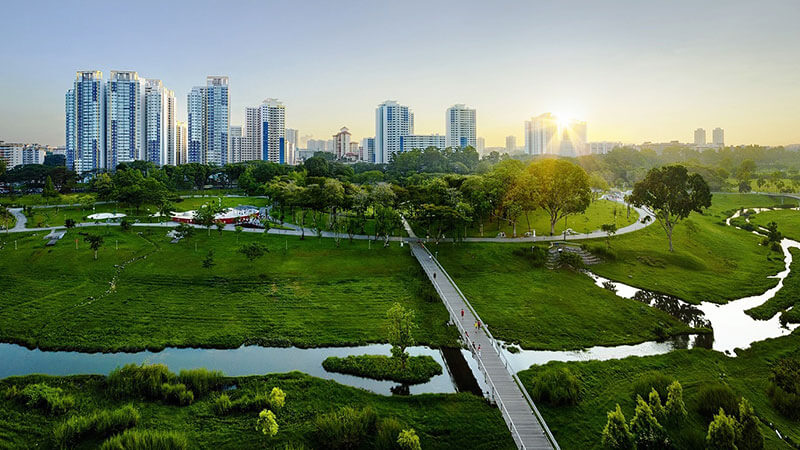[[data.name.value]]
[[metadata.defaultData.name]]
[[data.title.value]],
[[metadata.defaultData.title]],
[[data.company.value]]
[[metadata.defaultData.company]]

How Do Local Governments Organize and Pay for Urbanization Maintenance?
Urbanization, the concentration of people in cities, causes environmental deterioration and sanitary issues. In order to address these problems, local governments are essential in planning and providing funds for programs that clean up and maintain urbanization. Their initiatives, which range from trash disposal to street cleaning, are essential to building sustainable and habitable urban environments.

Starting and Carrying Out Cleaning Programs
Implementing cleaning programs that are suited to the particular requirements of metropolitan areas is the responsibility of local governments. This entails creating all-encompassing garbage collection, recycling, and disposal methods. By working with trash management firms and environmental groups, local governments may efficiently implement these initiatives.
Also, it is the responsibility of local government bodies to set rules and specifications on the level of cleanliness in cities. By enforcing laws against pollution, unlawful dumping, and littering, they encourage citizens and companies to behave responsibly. They work to instill in the community a culture of cleanliness and environmental care via public awareness campaigns and educational programs.
Putting Money into Equipment and Infrastructure
Local governments provide funding for infrastructure and equipment for mantenimiento para urbanizaciones Alicante. To deal with the increasing amount of garbage produced in cities, they make investments in recycling facilities, landfills, and waste treatment plants. They also purchase trash trucks, street cleaning cars, and other equipment required to keep municipal streets and public areas clean.
Local governments show they care for urban inhabitants by prioritizing infrastructure and equipment improvements. Cleaning and maintaining public spaces improve health, safety, and well-being, making them crucial to urban development planning.
Working Together with Businesses and Communities
Local government agencies, community organizations, and private companies must work together to effectively clean and maintain metropolitan areas. Local government agencies interact with the public via doing neighborhood clean-ups, volunteer programs, and outreach campaigns. They develop a feeling of ownership and pride in their surroundings and use the communal effort to solve cleaning issues by engaging residents.
Business and municipal governments work together to reduce environmental impact and encourage appropriate trash management. They could provide incentives to companies that implement environmentally friendly practices, such waste reduction plans and recycling initiatives. Municipalities may improve urban sustainability and cleanliness by partnering with the private sector to access more resources and knowledge.
Conclusion
Initiatives for cleaning and upkeep associated with urbanization are arranged and financed mostly by local governments. The prosperity and well-being of urban areas are enhanced by local authorities' prioritization on environmental stewardship and cleanliness. They must prioritize these efforts to overcome urbanization's issues and secure a cleaner, greener future for future generations.